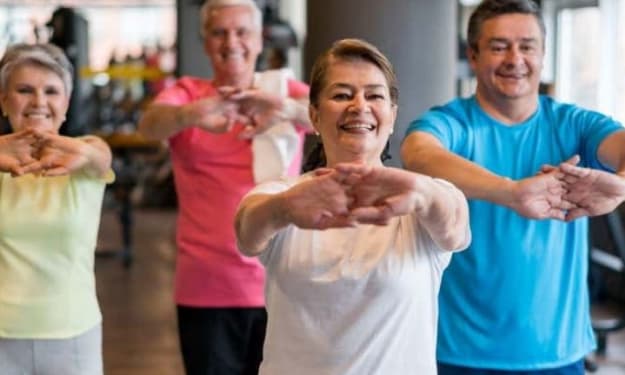
It has been discovered that the percentage of deaths among individuals who are more involved in social networks is significantly lower than that of those who prefer solitude. Certain studies were conducted in the late 1970s to determine the overall impact of social networks and social support. The males with the fewest social connections had a death risk 2.3 times greater than those with typical social connections, according to the findings. Women with a minimal number of ties, on the other hand, had a mortality rate that was 2.8 times higher than the norm (Explaining Divergent Levels of Longevity in High-Income Countries, 2011). The analysis did not take into account factors that were relevant to the aspects, such as as well as others. The core of a network's impact is tied to the network's influence, and social support is directly dependent on it. The concepts of social networks and social support are interconnected in this regard. It should also be noted that there are various types of social assistance, such as emotional, material, and physical support. Emotional support, for example, can often assist a person in reducing his stress levels (Explaining Divergent Levels of Longevity in High-Income Countries, 2011). The material support, on the other hand, denotes money assistance, while the physical support denotes practical, household assistance. Social support can also provide direction and behavioral research, which has an impact on the human world. Increased communication and cooperation, where patients communicate information about comparable problems and specialists can share experiences on care or treatment, thanks to the use of social networks in the health field. As a result, you will be able to make better health decisions.
The correlation between social network influence and environmental considerations is particularly strong. While each social network has its own set of activities and interests, each has a unique impact on the environment, particularly on ecology. It's worth noting that those who are in good health are more likely to pay attention to environmental issues. As a result, their physical, mental, and psychological state encourages them to take bold action to change the environment.
The Relief Theories
"Contemporary health promotion requires more than simply educating individuals about healthy behaviors," according to The Theory at a Glance (2005). (p. 10). Many experts believe that varying levels of influence have a direct impact on one's health and well-being. These levels cover a wide range of niches that correspond to different social networks. The two major concepts of ecological viewpoint, which reflect the concept of various levels of influence, and the concept of reciprocal causality, which are about the mutual interaction of humans and the environment, influence the specified niches (Theory at a Glance, 2005). It is necessary to influence those niches with the correct strategic plans of the solution to enhance the situation. The niches that are including following the plan's execution should begin at the community level, progressing seamlessly from institutional to interpersonal and intrapersonal levels, and eventually, directly influencing every case. Such a strategy would almost certainly ensure speedy results in terms of major health and well-being relief on all social levels, particularly among those who are the poorest and hence suffer the most. The plan should include novels in all spheres of human-environment interaction, removing the potential for personal carelessness, which can lead to serious health problems, and ensuring the environment's ability to provide the necessary care promptly, which can significantly reduce the risk of disease development.
Divergent Levels of Longevity in High-Income Countries: References (2011). National Academic Press, Washington, DC.
A Quick Look at Theory: A Guide to Health Promotion Practice (2005). Creates.





Comments
There are no comments for this story
Be the first to respond and start the conversation.